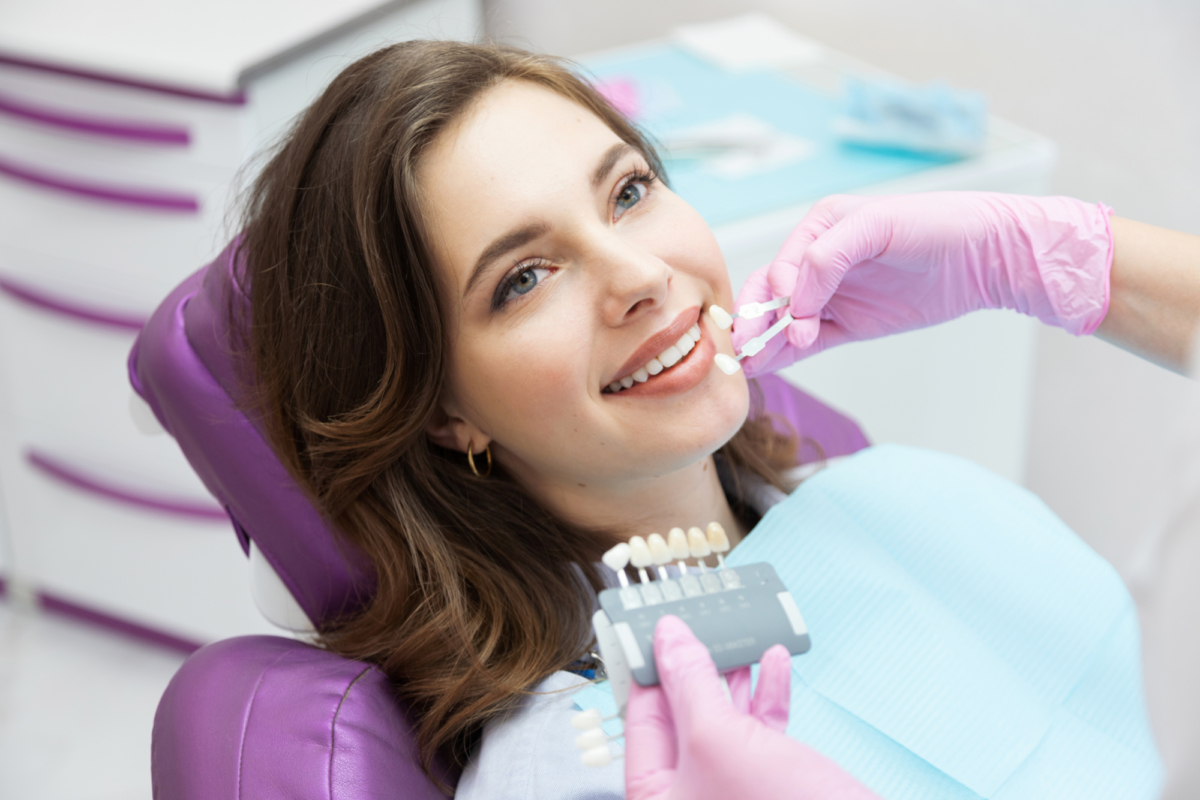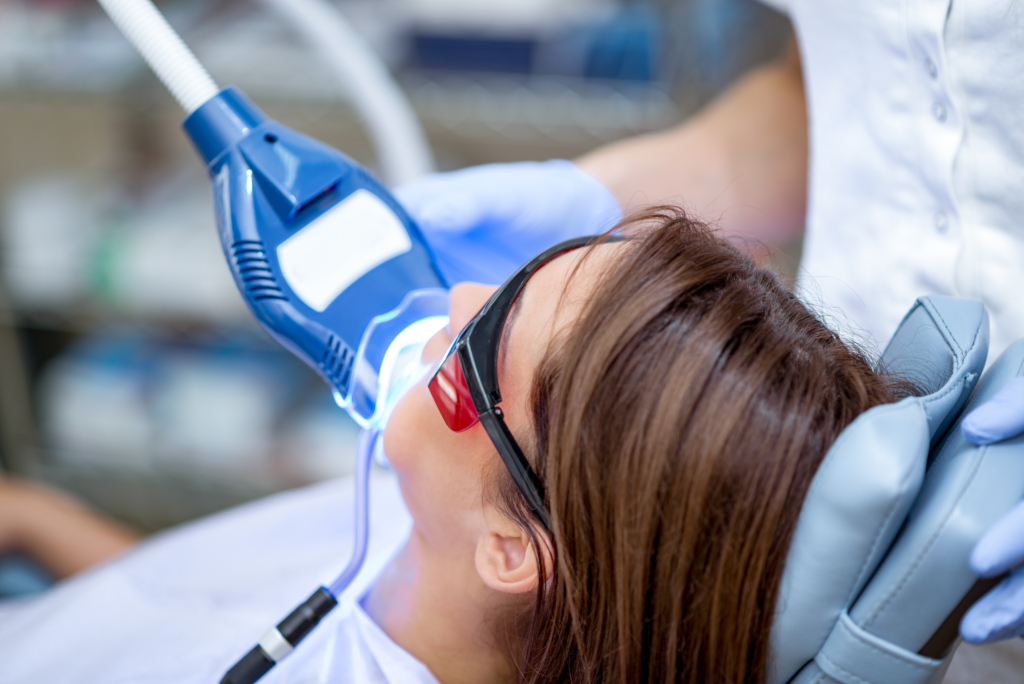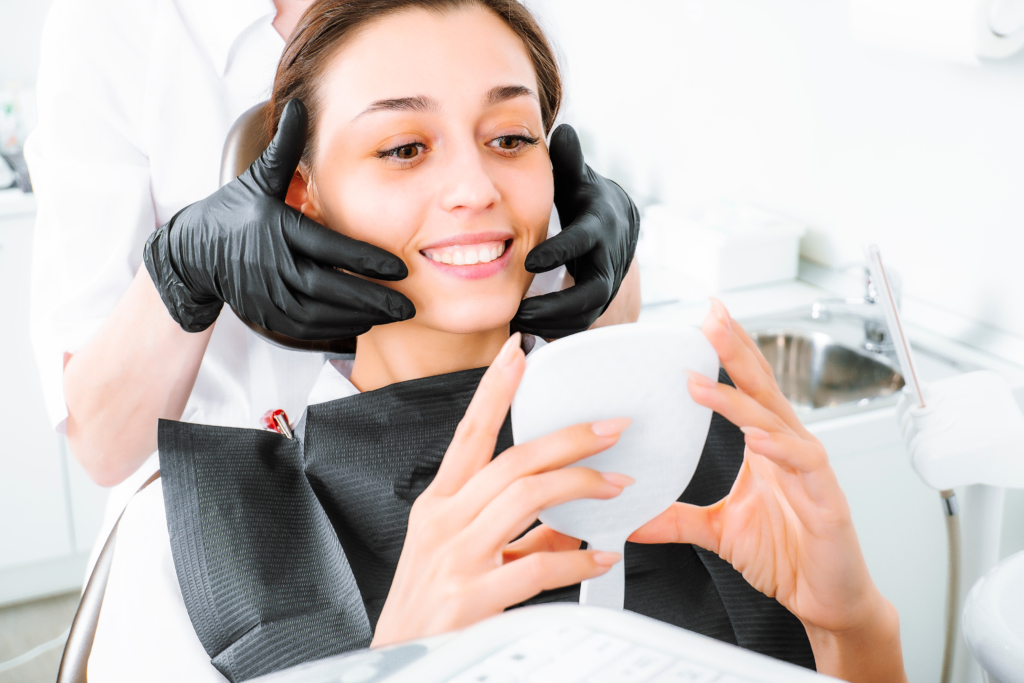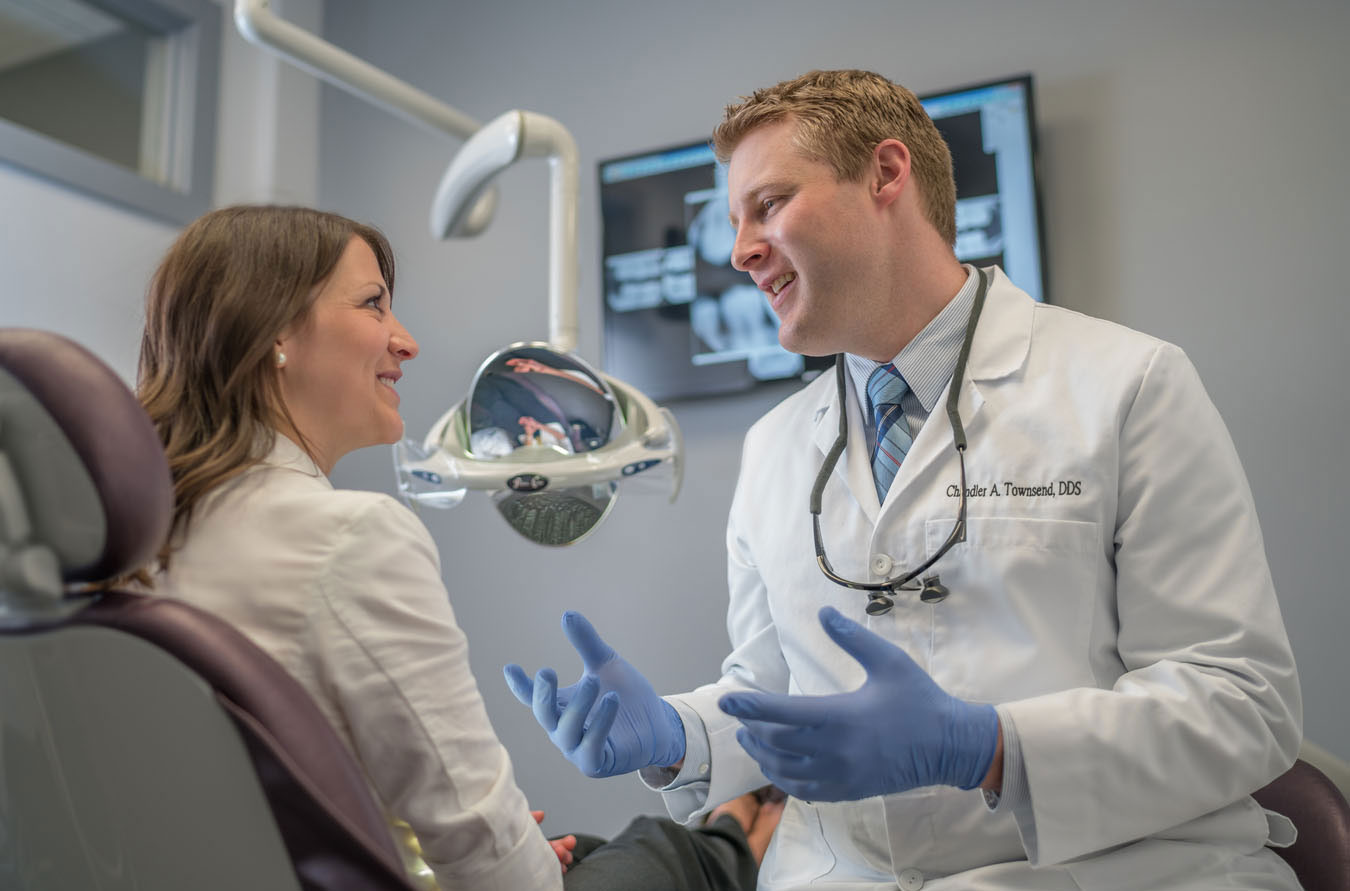
Getting your teeth professionally whitened is an excellent way to achieve a brighter and whiter smile. In-office whitening treatments work to lift stains and target discoloration that may have developed on the teeth. Aside from through a dental clinic, you can also try do-it-yourself methods at home. Whitening results can last for months at a time, but the key to a life-long sparkly smile is maintaining consistent appointments. However, like all things, it is best to be careful when it comes to whitening and bleaching treatments as prolonged exposure to the whitening and bleaching agents and consistent disruption to the tooth’s normal aging process can result in permanent damage.
What Is The Maximum Frequency Of Teeth Whitening?
While it may be tempting to constantly whiten your teeth, too much exposure to the bleaching agents used in the treatments can lead to oral issues down the line. Overly whitened teeth are vulnerable to hypersensitivity and can result in a permanent translucent effect as opposed to a stark, clean white color. Most dentists recommend professionally whitening teeth once per year. Professional whitening treatments use powerful, penetrating products that should provide results that last roughly 365 days. This keeps teeth looking natural and helps avoid any serious damage.
Other Professional Whitening Options
Aside from the professional whitening done through bleaching, some dental clinics offer laser dentistry as a form of their cosmetic dentistry solutions. Laser whitening is an effective way to remove stains and discoloration from teeth. In this process, the dentist applies a peroxide-based gel to the teeth. The heat from a laser then breaks down the stains and lightens the overall color of the teeth. This process is slower than other professional procedures as each tooth needs to be done one at a time. The difference between whitening and traditional bleaching is that bleaching whitens past the tooth’s natural color, whereas whitening restores the tooth to its starting tooth color. Regardless of which professional method you choose, it is still best to only undergo whitening treatments once per year.

What If I Whiten My Teeth At Home?
Both professional teeth whitening and at-home whitening can be done in excess. In fact, it is easier to harm your teeth with over-the-counter whitening solutions than those offered through a clinic. Do-it-yourself whitening products like whitening strips, trays, or gels may be less strong than those used in professional treatments, but an untrained hand can cause damage that a dentist would not. Most at-home teeth whiteners complain of gum irritation and tooth sensitivity. This occurs when the whitening strip or whitening tray is incorrectly placed in the mouth, exposing the gums to the bleaching solution causing pain and redness. Additionally, improper use of over-the-counter products, like leaving the solution on for too long or repeating the process too often can lead to premature tooth sensitivity and irreversible discoloration.
What Happens If I Whiten My Teeth Too Much?
Over whitening your teeth, both at home and professionally can lead to long-term damage. Over-the-counter whitening solutions that contain peroxide-based bleaching gels like at-home whitening strips, pastes, or trays, can lead to gum irritation, redness, sensitivity, and even bleeding. Swallowing these products can irritate the inner lining of the throat and the inside of the mouth. Excess whitening can also result in loss of tooth enamel. Because the strong bleaching agents used in professional whitening weaken the enamel to lift stains, an overapplication of these solutions can erode the protective top layers resulting in permanent enamel loss and making the tooth more vulnerable to decay and sensitivity.
How To Keep My Teeth White In Between Whitening Treatments?
To keep teeth looking bright and clean in between whitening appointments, it is best to avoid any practices that would prematurely stain your teeth. This includes staying away from smoking and limiting the number of dark liquids like red wine, coffee, cola, or other brown sodas. While some dentists recommended sticking to light-colored food and drink, this isn’t absolutely necessary. If you choose to drink dark liquids, it is better to sip them through a straw so they have less contact with the outer surface of the teeth. Additionally, maintaining a consistent and thorough dental hygiene routine of brushing and flossing morning and night will help to avoid any food residue or plaque build-up. Lastly, it is best to prioritize your dental care by keeping a schedule of twice a year dental maintenance appointments with your dentist.

Looking For A Dentist In Utah?
Abundant Dental is Utah’s premier dental clinic skilled in cosmetic and emergency dental services. Whether it’s a broken tooth or teeth whitening, our professional team of dentists is here to help! With over seven locations in Salt Lake and Utah County, we are available whenever you need us. We also offer 24/7 emergency care, extended hours, and same-day appointments. Call us today to schedule your appointment!
